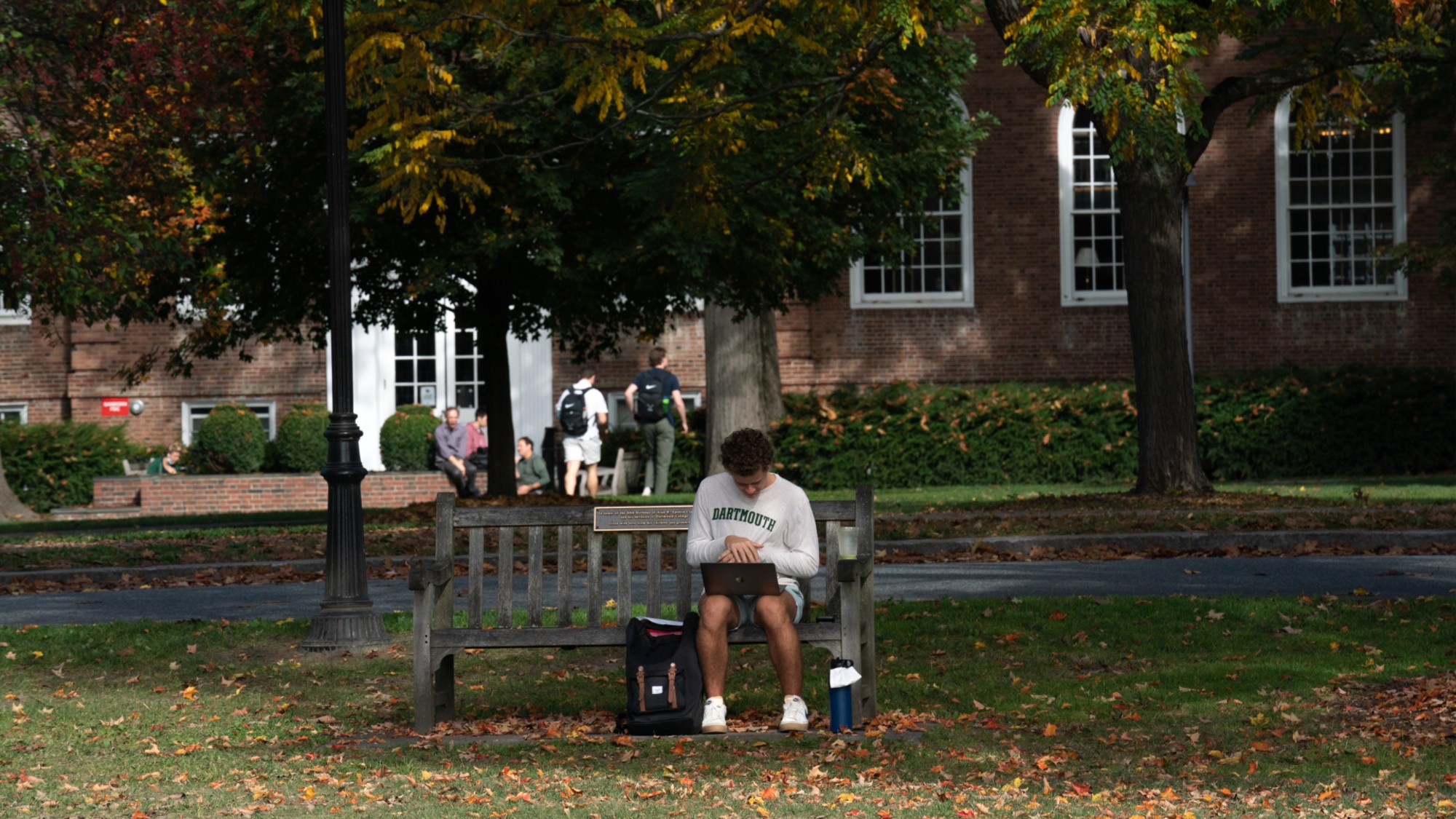“`html
Virginia Library Relocates Pro-Palestinian Book Amid Growing Controversy
A public library in Fairfax County, Virginia, has moved a children’s picture book supporting Palestinian perspectives from its general collection to a more specialized section, igniting a heated community debate about censorship and political representation in children’s literature. The decision, made in late April 2024 following patron complaints, reflects broader national tensions surrounding Middle East narratives in educational spaces.
The Book at the Center of the Storm
The contested title, Homeland: My Father Dreams of Palestine by Hannah Moushabeck, depicts a Palestinian family’s connection to their ancestral land through bedtime stories. Library officials confirmed the book remains available but now resides in the “Parenting and Social Issues” section rather than the general picture book area.
“We made this relocation to provide better context for families,” explained Margaret Cho, Fairfax County Public Library’s collections manager. “Like all collection decisions, this was about accessibility and appropriateness for our diverse community.”
However, free speech advocates argue the move constitutes soft censorship. According to the American Library Association (ALA), 47% of all book challenges in 2023 targeted materials dealing with race, religion, or political viewpoints.
- Circulation Data: The book had been checked out 23 times before relocation
- Complaints Received: 12 formal objections citing “political indoctrination”
- Support Petitions: Over 300 signatures gathered to return the book to original location
Community Reactions and Divided Perspectives
The decision has drawn passionate responses from various community stakeholders. At a recent library board meeting, over 50 residents voiced opinions during public comment.
“Children’s books shouldn’t be battlefields for political conflicts,” argued David Rosen, a local parent who supported the relocation. “There are age-appropriate ways to discuss complex issues without taking sides in ongoing disputes.”
Conversely, education professor Dr. Amina Farah countered: “This sends a dangerous message that Palestinian narratives require special handling. We don’t relocate books about Israeli perspectives. Representation matters, especially for young readers from marginalized communities.”
The Broader Context of Library Censorship
This incident occurs amid a 65% increase in book challenges nationwide since 2020, according to PEN America. Particularly in Virginia, the governor’s 2022 model policies on parental notification have intensified debates about appropriate school and library materials.
Libraries increasingly find themselves navigating between:
- Parental rights concerns
- Intellectual freedom principles
- Community representation expectations
- Staff safety considerations
First Amendment scholar James Whitman notes: “What makes children’s literature particularly contentious is the implied endorsement theory – the idea that a book’s presence in the children’s section constitutes institutional approval of its views.”
Professional Standards vs. Community Values
The American Library Association’s Library Bill of Rights explicitly opposes restricting materials based on partisan or doctrinal disapproval. However, local libraries must balance these professional ethics with community expectations and governing board directives.
Fairfax County’s materials selection policy states: “Collections shall represent diverse viewpoints, including those which may be unpopular or unorthodox.” Yet it also allows for “age-appropriate classification decisions based on professional judgment.”
This tension reflects a national pattern. A 2023 School Library Journal survey found:
- 68% of librarians self-censor to avoid potential challenges
- 42% have relocated books due to community pressure
- Only 29% feel fully supported by administrations in collection decisions
What Comes Next for the Virginia Library and Beyond
The library board plans to review its relocation policy at next month’s meeting, with possible revisions to create more transparent procedures for challenged materials. Meanwhile, local activists on both sides are organizing community dialogues about representation in children’s literature.
As these debates continue, experts suggest several paths forward:
- Developing clearer challenge review processes with community input
- Creating supplemental materials to provide context for sensitive topics
- Investing in staff training for handling controversial materials
- Establishing community reading groups to discuss complex books
“This isn’t just about one book,” notes Dr. Farah. “It’s about who gets to decide which stories we tell our children, and what messages we send about whose experiences matter.”
Readers interested in participating in the library board’s community forum can register through the Fairfax County Public Library website before June 15.
“`
See more TED Talks World



